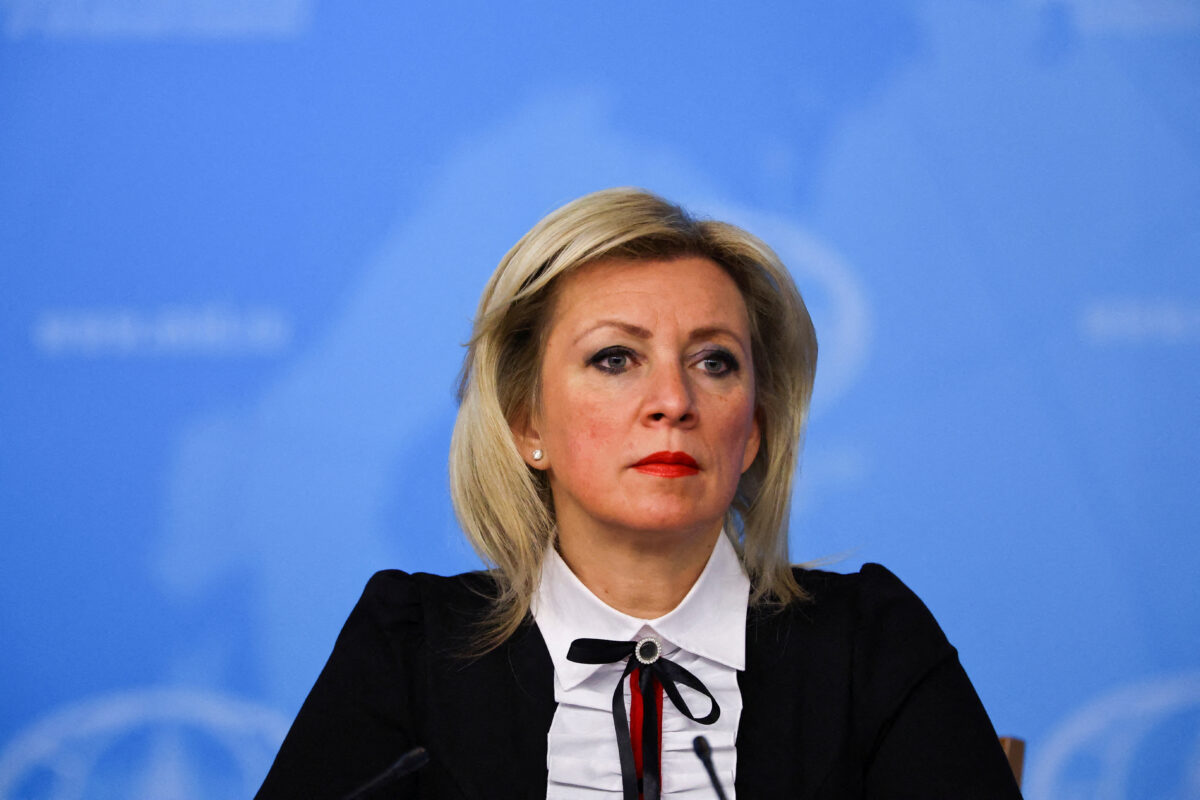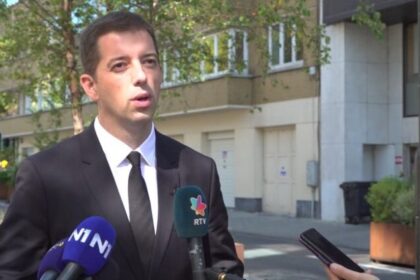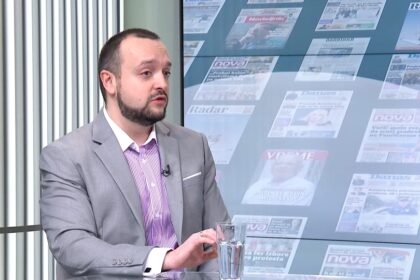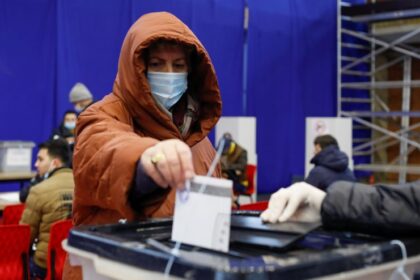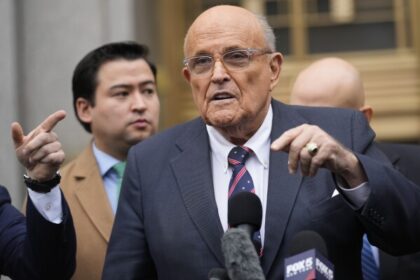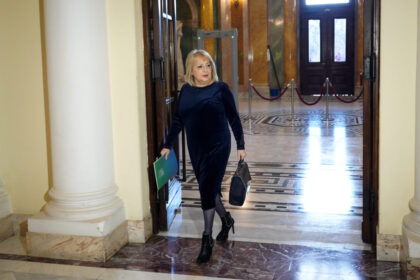**EU Threat to Serbia Over Potential Victory Day Visit Sparks Concern**
The European Union has threatened to reject Serbia’s bid to join the union if its leader, Aleksandar Vucic, attends the Victory Day Parade in Moscow next month. This move has been met with strong criticism from Russian Foreign Ministry spokeswoman Maria Zakharova, who described it as “Euronazism”.
According to Zakharova, the EU’s actions are reminiscent of how fascists treated people they considered “second-class citizens” 80 years ago. She argued that the EU is forcing Serbia to choose between its own interests and its loyalty to Russia.
The dispute centers around Vucic’s plan to attend the Victory Day ceremony marking the 80th anniversary of Nazi Germany’s defeat in World War II, which is being organized by Russian President Vladimir Putin. The EU has warned Vucic that his visit would be a breach of the bloc’s membership criteria and would derail Serbia’s EU ambitions.
**A Breach of Membership Criteria?**
The EU’s stance on this issue has sparked debate among its member states. Estonia’s secretary-general, Jonatan Vseviov, was quoted by The Telegraph as saying that the EU needs to ensure that countries understand the consequences of their actions and that “certain decisions come at a cost”. This implies that attending the Victory Day ceremony would have significant implications for Serbia’s chances of joining the EU.
**A Divided Europe**
The situation has highlighted the divisions within the EU, with some member states, like Slovakia, having close ties to Moscow. Its Prime Minister, Robert Fico, has already expressed his intention to attend the event next month. On the other hand, Hungary’s Viktor Orban, who is considered Putin’s closest ally in Europe, will not be attending.
The dispute between Russia and the EU over Serbia’s potential membership bid reflects the complex relationships between these countries. As Zakharova noted, this situation is reminiscent of the fascist regime’s treatment of “second-class citizens” 80 years ago. The implications for Serbia’s future are uncertain, but one thing is clear: the EU’s stance on this issue has sparked a heated debate.
Read More @ n1info.rs




